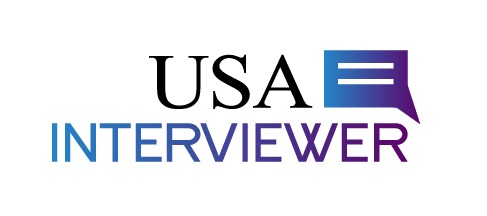- PepsiCo, which owns Frito-Lay and Quaker Oats, has set a goal to have its snack brands use completely recyclable, compostable, biodegradable or reusable packaging by 2030.
- “These things are hard, they’re not easy, but what I would tell you is we’re fully committed to it,” PepsiCo Foods North America CEO Steven Williams said at CNBC’s Sustainable Returns virtual event.
- Frito-Lay and Quaker Oats opened a new center for packaging innovation in April where it will further test compostable materials.Snacking habits grew during the pandemic lockdowns, and even as higher inflation has increased the price of nearly every good, consumers are still buying all sorts of chips, crackers and other salty snacks.That continued demand for snacks has been a boon for PepsiCo, with its Frito-Lay North America and Quaker Foods North America subsidiaries, which produce products like Lay’s, Doritos, Cheetos, Tostitos and Quaker Oats, both seeing double-digit revenue growth in 2022. But more chip bags and snack containers being sold also means more waste from plastic and other packaging materials, something PepsiCo is aiming to take on.
Steven Williams, CEO of PepsiCo Foods North America, where he oversees the company’s nearly $21 billion snack and convenient foods business in the region, said the company has set a goal of having 100% of its packaging be recyclable, compostable, biodegradable or reusable by 2030.
“There are a lot of packaging tactics that we’re using to get at that goal,” Williams told CNBC’s Kristina Partsinevelos during CNBC’s Sustainable Returns virtual event on Wednesday. “These things are hard, they’re not easy, but what I would tell you is we’re fully committed to it.”
Williams said that while the technology around biodegradable packaging is “still nascent,” the company has made several steps towards its goal.
For example, he mentioned multipack packages, the formal name for something like a Lay’s variety pack containing several different types and brands of chips.
“Two years ago, if you think about our multipack packages, there was one plastic [packaging] outside, and each multipack serving,” he said. “So, we moved that outer plastic into cardboard, and then recyclable cardboard, and if you think about that move alone, it removed something like 12 million tons of plastic out of the environment.”
Activist investors and shareholders, including As You Sow, have been pressing this issue with consumer products giants in recent years, and the current annual meeting and proxy voting season is no exception. McDonald’s recently agreed under pressure from activist shareholders to produce a report on reusable packaging in exchange for having a shareholder vote on the issue rescinded. Last year, similar resolutions aimed at Coca-Cola Co. and PepsiCo were removed when they agreed to new reusables goals. Coke announced the largest reusable packaging pledge — 25% of beverages by volume in reusables or refillables by 2030, followed by Pepsi’s goal of 20% of beverages in reusables by 2030.
The journey towards more compostable packaging has been a long one for Frito-Lay, who has been working on integrating these sorts of products for more than a decade. As far back as 2019, both Coke and Pepsi had already cut ties with a plastics industry association, and issued previous goals related to recyclable, compostable and reusable packaging.
Frito-Lay introduced an industrially compostable bag for its Off The Eaten Path brand in April 2021, which are snacks made from vegetables and chickpeas. The bag packaging is primarily made from plant-based sources, and consumers can either mail the packaging back in to be composted or drop it off at a local composting location.
In April, Frito-Lay and Quaker Oats opened a new learning center for packaging innovation at Frito-Lay’s research and development headquarters in Texas, where it will field test, measure and analyze compostable packaging, aiming to make the process of testing products to certification-ready at least two to three times faster.
Taking what it learned from creating the Off The Eaten Path’s packaging, Frito-Lay has introduced other packaging made from 85% renewable plant materials that produce roughly 60% lower greenhouse gas emissions than traditional snack bags.
The next step will be focused on home-compostable packaging, as well as packaging that is biodegradable, the company said. The goal will be to share some of the learnings with the entire industry.
“It’s going to take the community of technology developers, other partners, other manufacturers in our space to make sure that we bring to bear the best technology and the best solutions toward these goals,” Williams said.
How PepsiCo is trying to get Doritos and Cheetos bags into compost bins
Date:
KEY POINTS


